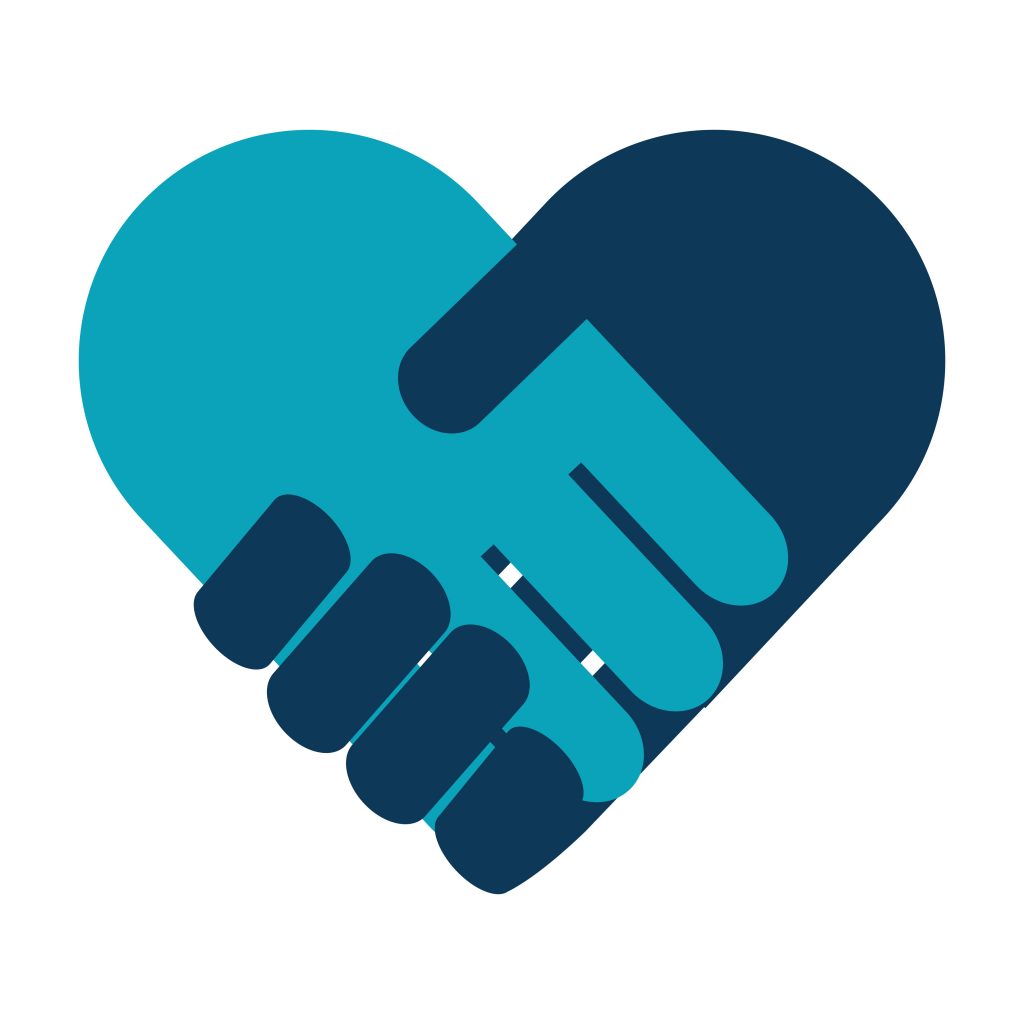Whole Blood &
Blood Product Donors
Resources by the Donor Research Network
Resources by the Donor Research Network

Research Collaboration:
First blood: overcoming donor anxiety (estimated reading time 10 minute). First-time blood donors don’t always make it from booking an appointment to actually showing up. To improve attendance, Professor Barbara Masser (University of Queensland) has continued a 15-year collaboration with Australian Red Cross Lifeblood to allay donors’ fears and bolster attendance rates.
Research Project:
The time-course of emotion in Donation: Understanding and unlocking the affective key to donor retention. Across our program of research we have considered the role of immediate emotions that arise during a donation, reflective emotions that arise as a donor recalls that prior experience, and anticipatory emotions that arise as a person considers donating again on subsequent donation behavior. Professor Barbara Masser overviews the research program in a 2018 ISBT Webinar, available here (view time 22 minutes).
DoRN Week of Talks Presentations:
O+, A+, B+, or AB+? Just positive! A focus on blood donor positive emotional experience by Associate Professor Lisa Williams. In her DoRN Week of Talks Presentation, Dr. Williams discusses the importance of not only understanding which emotions donors experience, but also when they arise. She presents a model of Time-course of Emotion in Donation (TED) which highlights that donors can experience emotions at three different time points: in anticipation of donating, while donating and when reflecting on donating. During her talk, she presents several studies that focus in on each of these three stages of the time course, looking at how a blend of positive and emotional states impacts donors intention to donate and in some studies actual donation (viewing time 22.03 minutes).
Co-designing with ethnic minority communities to facilitate increased donation awareness by Dr. Luke Gahan. In his DoRN Week of Talks presentation, Dr. Gahan from the Australian Red Cross Lifeblood discusses the use of co-design methodology to work with ethnic minority communities to develop strategies to encourage more blood donation (viewing time 41 minutes).
Non-cash incentives for blood donation in Australia by Dr. Kathleen Chell. Dr. Chell from the Australian Red Cross Lifeblood has been working on a program of research around the use of non-cash incentives to encourage blood donation. In her DoRN Week of Talks presentation, Dr. Chell summarises the studies and methods undertaken so far, and shares some of the key insights and conclusions that she and her colleagues have drawn across the program (viewing time 28.19 minutes).
The meaning and experience of donating blood in life: How can we encourage older people to start and continue to donate blood? by Dr. Rachel Thorpe. In her DoRN Week of Talks, Dr. Thorpe from the Australian Red Cross Lifeblood discusses two studies that explore how ageing and being older shape experiences and expectations of blood donation in Australia. The first study is a qualitative study exploring donors perspectives on donating blood in mid-later life, and the second study is a survey of donors aged 70+ donating during a pandemic (viewing time 30.27 minutes).
Incentivising blood donation by Caroline Graf (estimated reading time 12 minutes)
Network and context in blood donor research and management by Professor Eva-Maria Merz (estimated reading time 10 minutes)
Hidden motives: Identifying the rarer motivations for donating blood by Dr. Michael Lam, Dr. Mel Hyde and Professor Barbara Masser (estimated reading time 12 minutes)
Multiplying the joy of giving: why texting blood donors works by Professor Barbara Masser (estimated reading time 10 minutes)
Even better than the real thing or Frankenblood? The acceptability of synthetic blood by Professor Barbara Masser (estimated reading time 10 minutes)